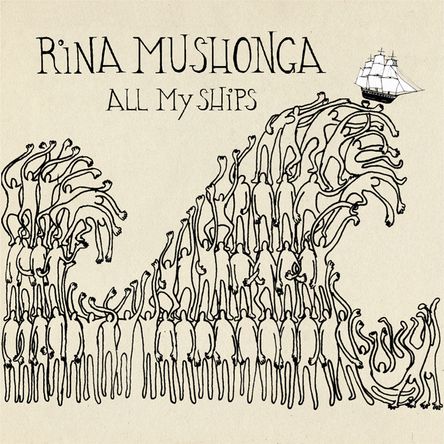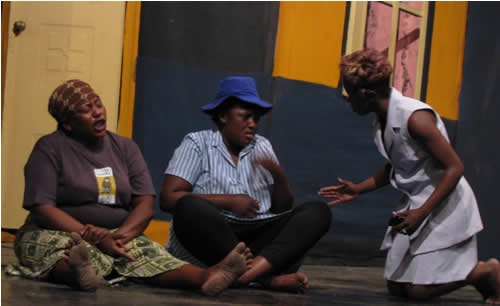At the recent launch of Lloyd Sachikonye’s When a State Turns Against its Citizens at Lobby Books, the author spoke with passion about the changes he hopes to see in his home country, Zimbabwe.
Here is the full text of his address:
I am enormously grateful to be here today to share in the launch of this book, When a State Turns Against its Citizens. I am really happy to meet many friends, guests, compatriots who have come to grace this occasion. My profound thanks go to the organizers of this event, SALO and Lobby Books, and to the publishers who have made the publication process possible within two months from the initial submission of the manuscript…The turn-around of the process and the publicity have been superb and professional, thank you.
This is a publication about Political Violence in my country, Zimbabwe. A country of enormous contradictions: on the one hand, it has one of the highest rates of literacy on this Continent, and one of the largest proportions of educated and skilled professionals. A country that showed great promise three decades ago, that was described variously as ‘a jewel’ and ‘breadbasket’.
But as the narrative of this book chronicles, it is now a country deeply mired in political violence and moral crisis. The roots of Political Violence go back not only to 2000 as some analysts assume, but to the 1950s and 1960s, half a century ago. The roots are to be found in:
* The ruthless suppression of moderate African nationalism by the colonial state; they used beatings, dogs and guns for example.
* Violence by nationalists between their parties in the early 1960s, the original ZAPU and ZANU in 1963-64; they employed stones, sticks and petrol bombs, for instance.
* Violence against civilians by colonial regime forces but also by liberation forces during the 1970s, and Use of violence to settle differences within liberation armies themselves.
After Independence in 1980, the post-colonial state inherited the apparatus and techniques of violence against those who criticized it. As years went by, that arsenal was used against rival parties such as ZAPU till 1987, against ZUM in 1990 and the MDC since 2000.
This culture and practice of violence were celebrated by leaders of Zanu PF who openly boasted of having ‘degrees in violence’. As the country witnessed, these were not empty boasts.
The book observes that the consequences of the culture of violence reached a peak in 2008 when the citizens’ bid for political change was blocked like in Kenya, and now Cote d’Ivoire. The incumbent party and the state used their apparatuses to frustrate a free and fair run-off election.
Subsequent chapters of the book show that the consequences of Political Violence include widespread trauma, scars, fear, stress and apathy. The full magnitude of these psychological and physical conditions is not known. It is partly because Zimbabwe is a society under trauma that it has experienced an exodus of up to 3 million, or a quarter of its population.
This situation of Political Violence needs to change because the consequences are terrible. Other countries that experienced large-scale Political Violence have demonstrated great political will to stop it. Take this country, South Africa. In the 1994 election, about 1 000 people were killed in Political Violence, many were maimed. In the last several elections, like in 2009, no single person died in Political Violence.
Why should Zimbabwe be exceptional? Why should its elections be marred always be marred by Political Violence? Why should impunity be tolerated? These are some of the questions raised in this book.
The book concludes with a few recommendations. Zimbabwe has great human resources but also resilient moral resources, and potential for civic values and democratic change. Let them be harnessed against Political Violence and the authoritarianism which sponsors it. Let them be harnessed for a credible process of transitional justice, and reform of security sector institutions. Let our knowledge of the history of Political Violence and various negative effects propel us to do something about it.
Book details
* When a State Turns Against its Citizens: Institutionalized Violence and Political Culture by Lloyd Sachikonye
EAN: 9781431401116












